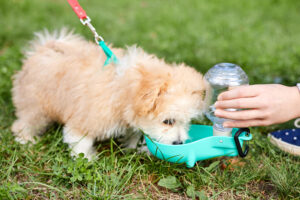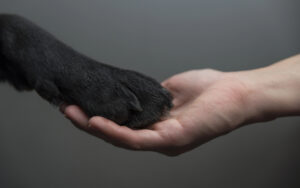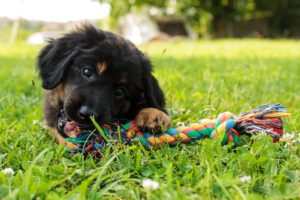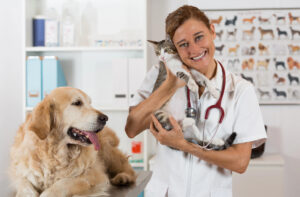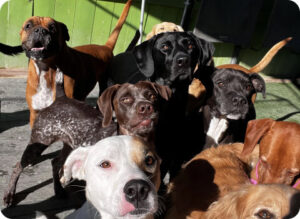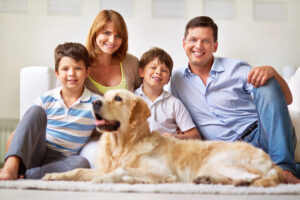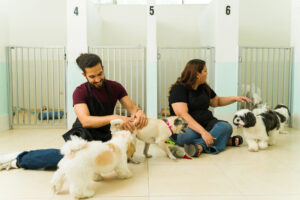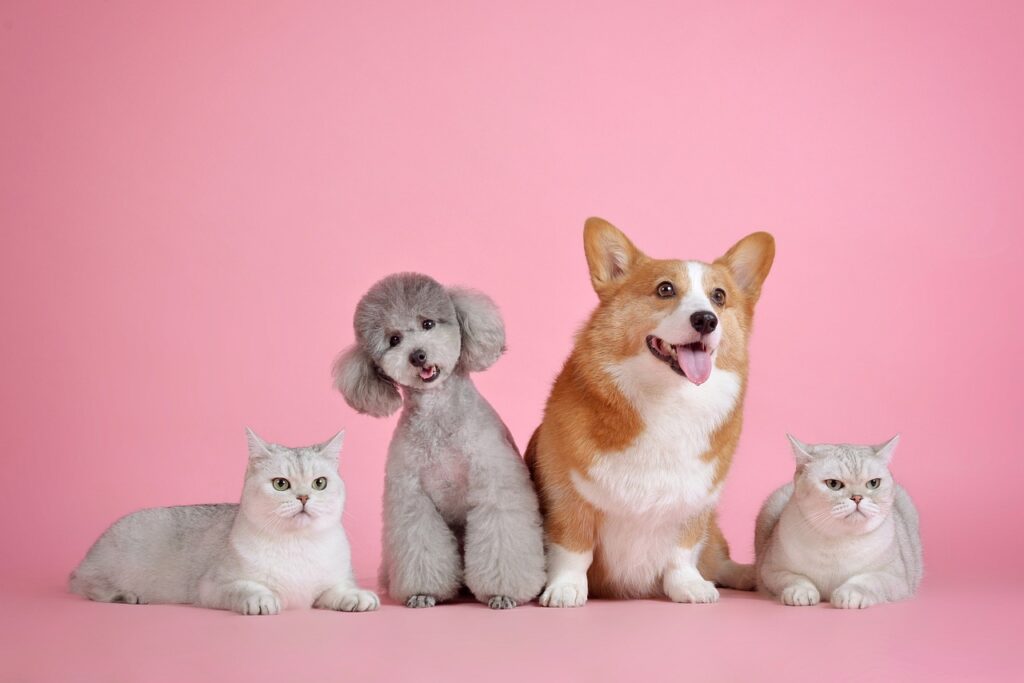
The Benefits of Pet Socialization: A Guide to Safe and Effective Practices
Pet Socialization is an often overlooked yet essential part of pet ownership. No matter what age you got your pet, it’s important to teach them to learn to get along with other animals and people. Let’s explore the value of pet socialization, its advantages, and the best practices for providing your pet with positive and healthy social interactions.

Boarding Clients!*Discount does not apply during holiday/peak rate periods.

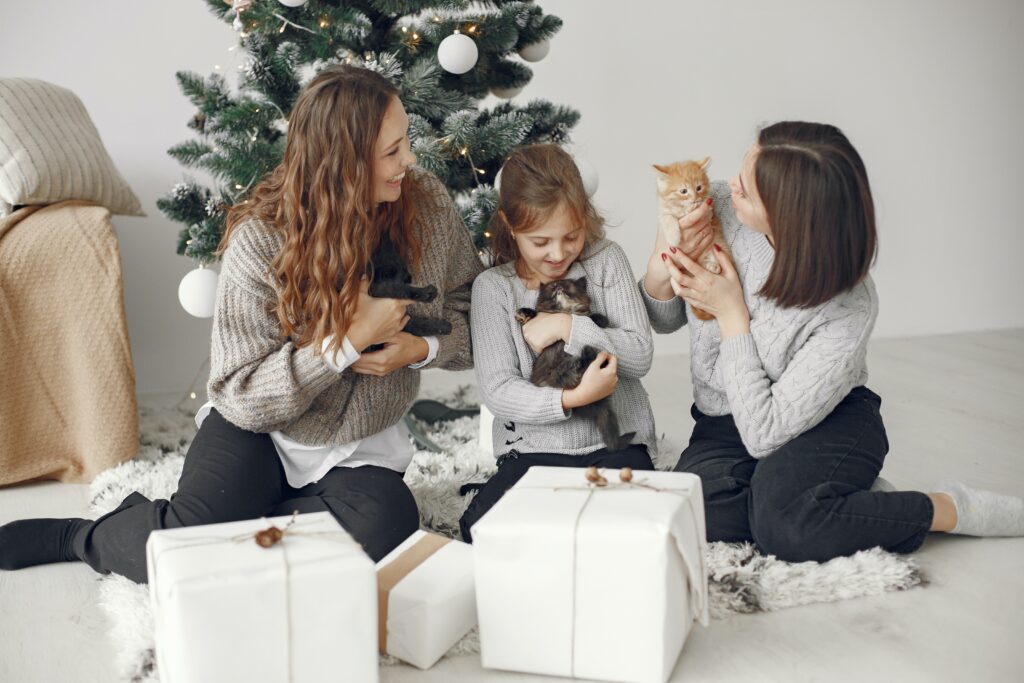
The Significance of Pet Socialization
Pet socialization is exposing your pet to new settings, creatures, people, and activities so that it can adapt to its new home and thrive in its new community. This is especially vital during the first three to fourteen weeks of a pet’s life when pups and kittens are still developing their immune systems. However, socialization can also help improve the behavior of and decrease anxiety in senior cats.
Benefits of Pet Socialization
Reduced Aggression and Fear:
Dogs and cats who have been properly socialized are less likely to react aggressively or fearfully when introduced to unfamiliar environments, animals, or people.
Increased Self-Esteem:
A pet that has been properly socialized will be less anxious and fearful of new situations.
Better Communication Skills:
A pet’s ability to communicate and connect with others is greatly enhanced by early exposure to and practice with a variety of human and animal social settings.
Positive Human-Pet Relationship:
Well-socialized pets are more likely to develop deep attachments to their owners and to get along well with members of their families.
Prevention of Behavioral Issues:
Excessive barking, separation anxiety, and destructive behavior are all preventable with early and consistent socialization.
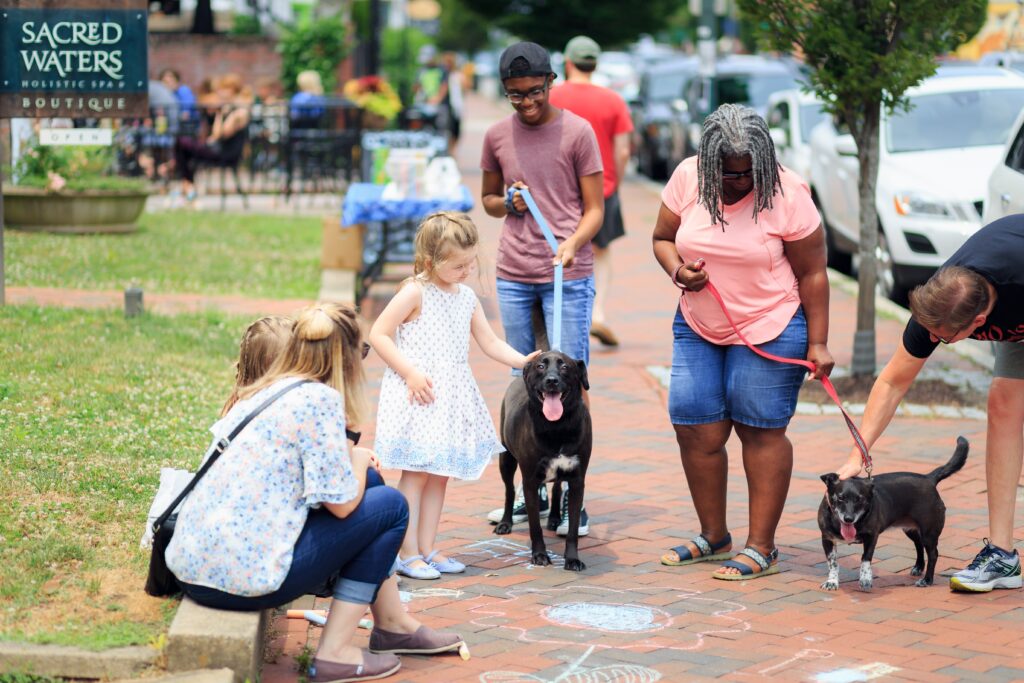
Safe and Effective Pet Socialization
Early Start:
Between 3 and 14 weeks of age, your pet is in a highly formative time of its life. Take them somewhere and introduce them to different kinds of people and animals.
Positive Experiences:
Make sure that your pet’s socialization experiences are always pleasant and stress-free. Create a good impression of unfamiliar people by rewarding them with snacks, toys, and compliments.
Gradual Exposure:
Ease into unfamiliar situations. For instance, move from quiet, controlled locations to busier ones gradually.
Proper Vaccinations:
If you want to minimize the spread of disease, you should get your pet vaccinated before letting it interact with other pets or go outside.
Supervised Interactions:
Interactions between your pet and other animals should always be supervised, but more so when first introduced.
Doggie Daycare: A Great Place to Make Friends
Enrolling your dog in doggy daycare is a great idea if you want to help socialize your pet. These facilities provide a safe space for canines to socialize with others while being supervised by trained experts. FonJon Pet Care is a well-known doggy daycare that offers a fun and safe environment for your pet to interact with other dogs. Doggy daycare, with its trained staff and emphasis on constructive interactions, can be an effective way to help your pet become more social.
Positive Reinforcement:
Reward your pet for being a good citizen during socialization sessions to encourage similar behavior. This could mean doing things like listening to commands even when other animals are nearby or being unfazed by them.
Respect Individual Pace:
Every pet should be treated with the understanding that they will be socialized at their speed. Some people may be more extroverted than others, while others may take longer to warm up.
Consistency is Key:
Maintaining your pet’s comfort in new environments and reinforcing beneficial behaviors requires continuous opportunities for socialization.
Variety of Experiences:
To help your pet adjust to new situations, introduce them to a wide range of stimuli, including new people, other animals, sounds, and surroundings. This trains children to be flexible and calm under pressure.

Frequently Asked Questions (FAQ) About Pet Socialization
What is pet socialization, and why is it important?
The goal of pet socialization is to assist pets in becoming well-adjusted members of the family. The early phases of a pet’s life are crucial for avoiding behavioral problems and phobias.
When should I start socializing my pet?
Between the ages of 3 and 14 weeks, socialization of puppies and kittens is essential. However, socialization can still help improve the behavior of and decrease anxiety in elderly pets.
What are the benefits of proper pet socialization?
Appropriate socialization can prevent behavioral issues and lead to positive outcomes like less aggression and fear, increased confidence and communication skills, and strengthened human-pet bonds.
How can I ensure my pet has positive socialization experiences?
Make a good impression on strangers by rewarding them with toys, treats, and compliments. Introduce your pet to new situations and surroundings gradually. Make sure they are always comfortable and stay away from stressful circumstances.
Can I socialize my pet on my own, or should I seek professional help?
While you can start with simple socialization at home, more advanced socialization can be achieved through the help of experts like trainers or by enrolling your dog in a reputable doggie daycare.
What is a doggy daycare, and how can it benefit my pet's socialization?
Doggy daycares allow canines to socialize with other dogs in a controlled environment. It’s a safe place to interact with other animals via play and exploration while also teaching appropriate manners.
Conclusion
In conclusion, your pet and your home will reap numerous benefits from regular socialization, making it an essential part of good pet keeping. Better communication, less anxiety, and closer human-animal bonds are only some of the additional benefits of socialization beyond simply improved behavior.
You may help your pet flourish in your home and the world at large by employing tried-and-true methods of socialization to give your dog the socialization and structure it needs, you should think about enrolling it in a doggie daycare like FonJon Pet Care. Always be patient, use only positive reinforcement, and show a genuine interest in your pet’s well-being to ensure a positive socialization experience. If you start young, and take it easy, your pet will develop into a well-adjusted member of your family.




